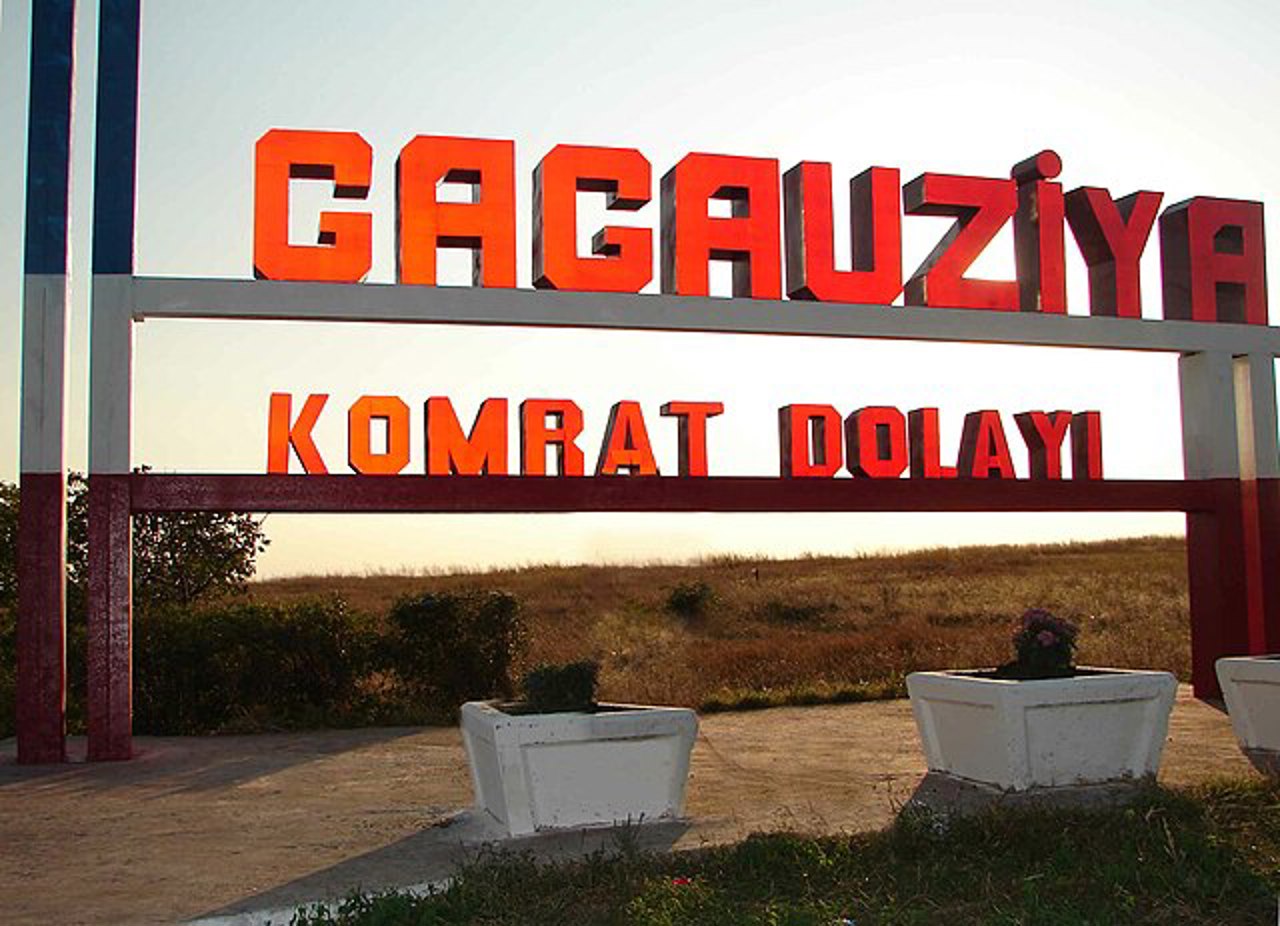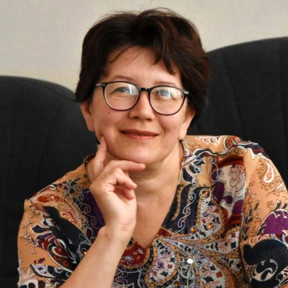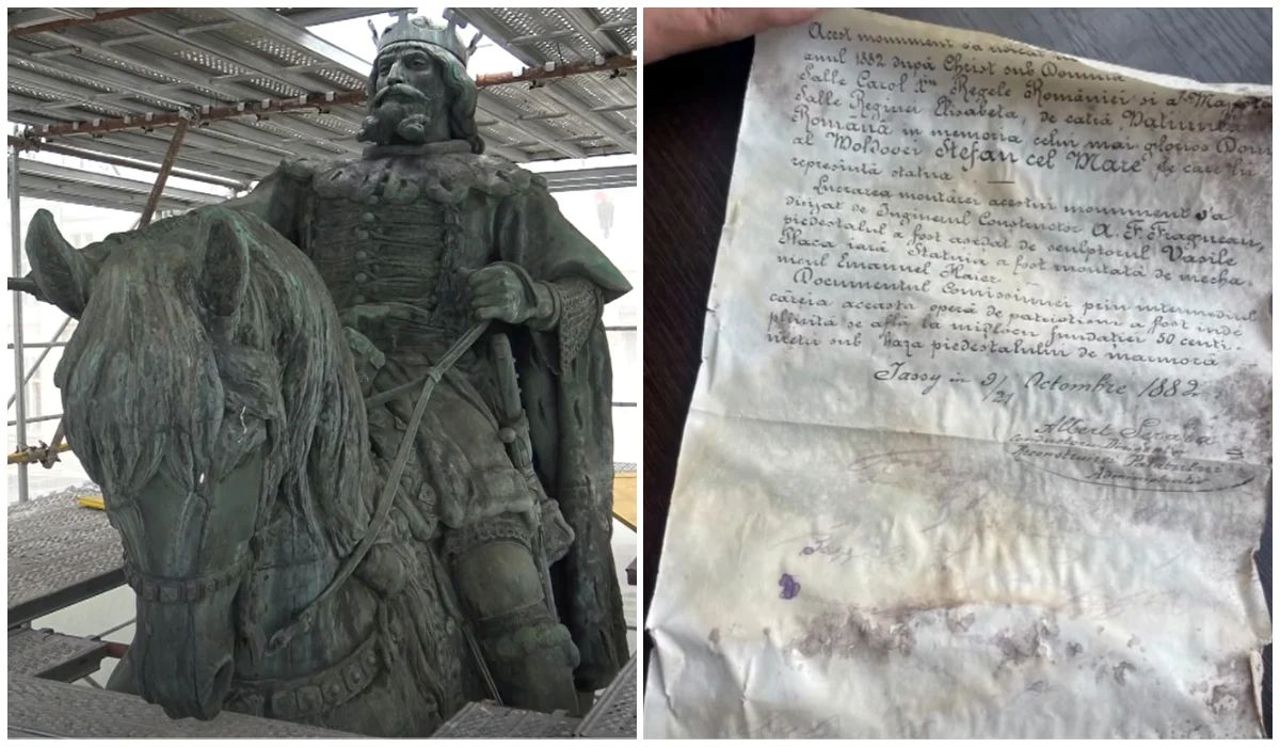Gagauz language fades: A struggle for survival
Thirty years after Gagauzia's establishment, its core objective—reviving and developing the Gagauz language—remains unfulfilled.

Worse still, the Gagauz language teeters on the brink of extinction, threatening the very existence of the Gagauz people, warns Constantin Tausanji, a former member of the Moldovan Parliament and the Comrat People's Assembly, and a doctor of economic sciences. He blames this dire situation on politicians who have led the autonomy, neglecting the region's pressing issues and instead pandering to external interests.
Both Gagauz and Romanian are considered foreign languages within the autonomy. This has persisted for three decades. People fail to realize that losing the language equates to losing the autonomy itself. The Orthodox people of Turkish origin risk extinction within the next 10-15 years, Tausanji warned on Moldova 1's "Diplomatic Dimension" show.
Recalling the circumstances surrounding Gagauzia's creation, Tausanji mentioned how they managed to avoid bloodshed and reach a compromise.
Russia's influence was palpable even back in the 1990s. When Marshal Sergei Akhromeev visited Comrat, we were demanding autonomy, but they were hesitant to grant it. He declared, to our dismay, "Gagauz people, don't fear the Moldovans, we'll arm you!" This ignited a serious debate. We sought autonomy, not conflict with the Moldovans. I took the initiative and assumed responsibility, Tausanji recounted.
In December 1990, the separatist movement Gagauz Halkı (Gagauz people), with tacit support from Moscow, proclaimed the Gagauz Republic in the Comrat, Ceadîr-Lunga, and Vulcanesti districts of the Moldavian SSR (Moldavian Soviet Socialist Republic). In December 1994, the Chișinău Parliament, dominated by agrarians, recognized Gagauzia's territorial autonomy. The Law on the Special Status of Gagauzia was subsequently adopted on December 23, 1994.
Translaton by Iurie Tataru






